Roasting companies big and small brought plenty of machinery to life this year, establishing new production lines and expanding existing ones. It also seems increasingly true that companies realize no roaster is an island; facilities are routinely incorporating public programming inside training and QC labs, offering education and tasting experiences even if there’s no official retail component involved.
As retail and roasting are like the glove and the hand, many of the biggest roastery-related headlines wind up falling more under the category of retail. But here we take a look back at some of the more squarely production- and operation-focused moves made by roasting companies this year:
Press Coffee Roasters Building $3.5 Million Phoenix Roastery
Phoenix-based Press Coffee Roasters is building a $3.5 million, 5,600-square-foot roasting headquarters and cafe in the Shea neighborhood of North Phoenix.
The company currently operates seven cafes in the Valley — in Scottsdale, Tempe, Phoenix and Chandler — along with its existing South Phoenix roastery, which will be converted to a cold brew production facility once the new roastery is up and running, according to a Press announcement today.
Folly Coffee Wisely Grows a Roasting Business Outside Minneapolis
Beyond offering new coffee experiences, Folly Coffee is contributing to the community in another important way. The roastery is fully carbon negative, generating more energy than it consumes through an expansive solar array for electricity and geothermal energy for heating and cooling both the roastery warehouse and the home of Folly co-founder and head roaster Ken Schweikert.
Brewed Behavior and Probat Burns Announce Roaster Training Partnership
Probat’s appointment of Brewed Behavior as its “official U.S. partner” follows years of collaboration between the two companies to “elevate roasting skills and standards for the specialty coffee industry,” according to a joint announcement this week. For the partnership, Brewed Behavior has developed the roasting methodology and course curriculum, which includes lectures and hands-on training, exclusively for Probat Burns.
Opportunity Abounds at the New San Diego Coffee Training Institute
When San Diego’s Cafe Virtuoso reopened at the tail end of 2016, the renovation it had completed included space and equipment for what would soon launch as the SDCTI, a nonprofit specialty coffee education resource that aims not only to train aspiring coffee professionals, but also to provide the same skills and stable employment opportunities to young people aging out of foster care, homeless teens and adults, and people returning from periods of incarceration.
In Spokane, Mutu Coffee Proves Little Roasters Can Be Big-Hearted B Corps
Spokane, Washington-based Mutu Coffee Roasters has joined the ranks of approximately 35 B Corp-certified businesses in the state. Mutu is the first company in Spokane to earn the distinction, while joining Grounds for Change in Poulsbo as the only other B Corp roasting company in the state.
US and European Roaster Guilds Merge to Become the Coffee Roasters Guild
The U.S. Roasters Guild and the Roaster Guild of Europe — two trade guilds of the Specialty Coffee Association for professional coffee roasters — have officially announced the launch of the unified Coffee Roasters Guild (CRG) and a newly appointed Advisory Council.
Sneak a Peek of Counter Culture Coffee’s New Washington D.C. Training Center
Not to be confused with traditional retail coffee bars, Counter Culture’s 13 regional training centers host professional development classes for wholesale partners, as well as weekly public tastings.
“The vision for our Training Centers is to build a space that encourages inclusivity, is both comfortable and functional, and also has a unique reflection of the city and neighborhood that we build in,” Counter Culture regional manager at the D.C. location Alex Brown said.
Bühler and Joh. Johannson Planning ‘Ultra Low Emissions’ Roasting Plant
Bühler was awarded the contract last year to help outfit the new facility with a wide range of production equipment and systems, and the company says that despite potentially massive production volumes — as much as 12,000 tons (or 24 million pounds) annually — the roasting plant could approach carbon neutrality.
Fifteen US Coffee Roasters Win Good Food Awards with All Ethiopian Coffees
Fifteen coffee roasters took home 2018 Good Food Awards for individual coffees at the program’s 8th annual awards ceremony in San Francisco. Ethiopian coffees dominated the list of finalists, and all 15 of the winning coffees came from the renowned growing country.
Yes Plz Says No Thanks to Business as Usual in Subscription Coffee
Following Konecny’s first foray into the world of subscription coffee service with the roasting brand Tonx Coffee, which was acquired by Blue Bottle in 2014, Konecny and Ali are drawing upon their acumen both in business and in high-end coffee roasting with the hopes of distinguishing Yes Plz within the rapidly growing subscription segment.
A Trailblazing Transparency Coup with Junior’s Roasted Coffee and TerraNegra
Nelson worked in close coordination with Guatemalan producer Andres Fahsen of the farm Santo Tomás Pachuj to identify and track the actual costs to produce the lot purchased by Junior’s for roasting and release this year, as well as with Ana Cristina De Salazar of the green coffee importer TerraNegra, which imported the coffee. The first fruits of that labor recently became available to Junior’s/Guilder customers.
A Transparency Coup with Junior’s Roasted Coffee, Part 2: The Story
The next step was for Junior’s Co-Founder Mike Nelson to bring JRC and Guilder cafe staff up to speed, and to train them on how to discuss the data and its conclusions with customers. At a staff retreat last month, Nelson said the cost of production project, and how to engage Guilder guests about it, was a primary focus. Now they’re onto step three: A comic book.
Announcing the 2019 Roasters of the Year: Dragonfly and Peerless
Dragonfly Coffee Roasters and Peerless Coffee & Tea have taken top honors in Roastmagazine’s 15th annual Roaster of the Year competition. The two coffee roasting companies are featured in the trade publication’s November/December 2018 issue, available online at roastmagazine.com.
Tectonic Coffee Offers a Major Shift in How Roasters Engage
With Pigot’s professional passions in sourcing and roasting, one of Tectonic’s goals is transparency regarding the coffee. But Pigot said the company intends to include tech devices such as iPhone-based QR code-scanning to give coffee buyers insight into the personality of the company itself, right down to what was happening inside the roastery on production day.
Inside Glanville & Babinski’s New Go Get Em Tiger Roasting Operation in LA
GGET is now roasting inside a 16,000-square-foot production facility in Vernon, five miles south of downtown. Within that space, approximately 4,000 to 5,000 feet is dedicated to production roasting, with a 15-kilo Mill City Roasters machine already humming away, while a Probat G45 is awaiting shipment from Germany. The remainder of this facility houses an approximately 4,000-square-foot commissary kitchen and bakery, a space for training, tasting and events, and GGET’s new offices.
Inside This California State Prison’s Massive Production Roastery
The California Prison Industry Authority (CALPIA), which oversees more than 100 industrial enterprises within the California Department of Corrections and Rehabilitations (CDCR) prison system, has been operating a production coffee roastery at the Mule Creek State Prison for more than 30 years.
Brooklyn Roasting and IBM Send Yirgacheffe Through the Blockchain
It’s the latest in a number of coffee-focused experiments testing blockchain implementation in the coffee trade. Yet for all the emphasis that early adopters and innovators of blockchain technology have put on the concepts of transparency and traceability, there’s been a remarkable lack of both in the numerous pilot projects and beta tests thus far.
That is to say, while blockchain technology providers entering into the coffee space have spun compelling, elaborate narratives about the potential benefits of blockchain uses — particularly in regard to money returning to farmers and producers — we’ve to this point seen very little hard evidence.
Howard Bryman
Howard Bryman is the associate editor of Daily Coffee News by Roast Magazine. He is based in Portland, Oregon.



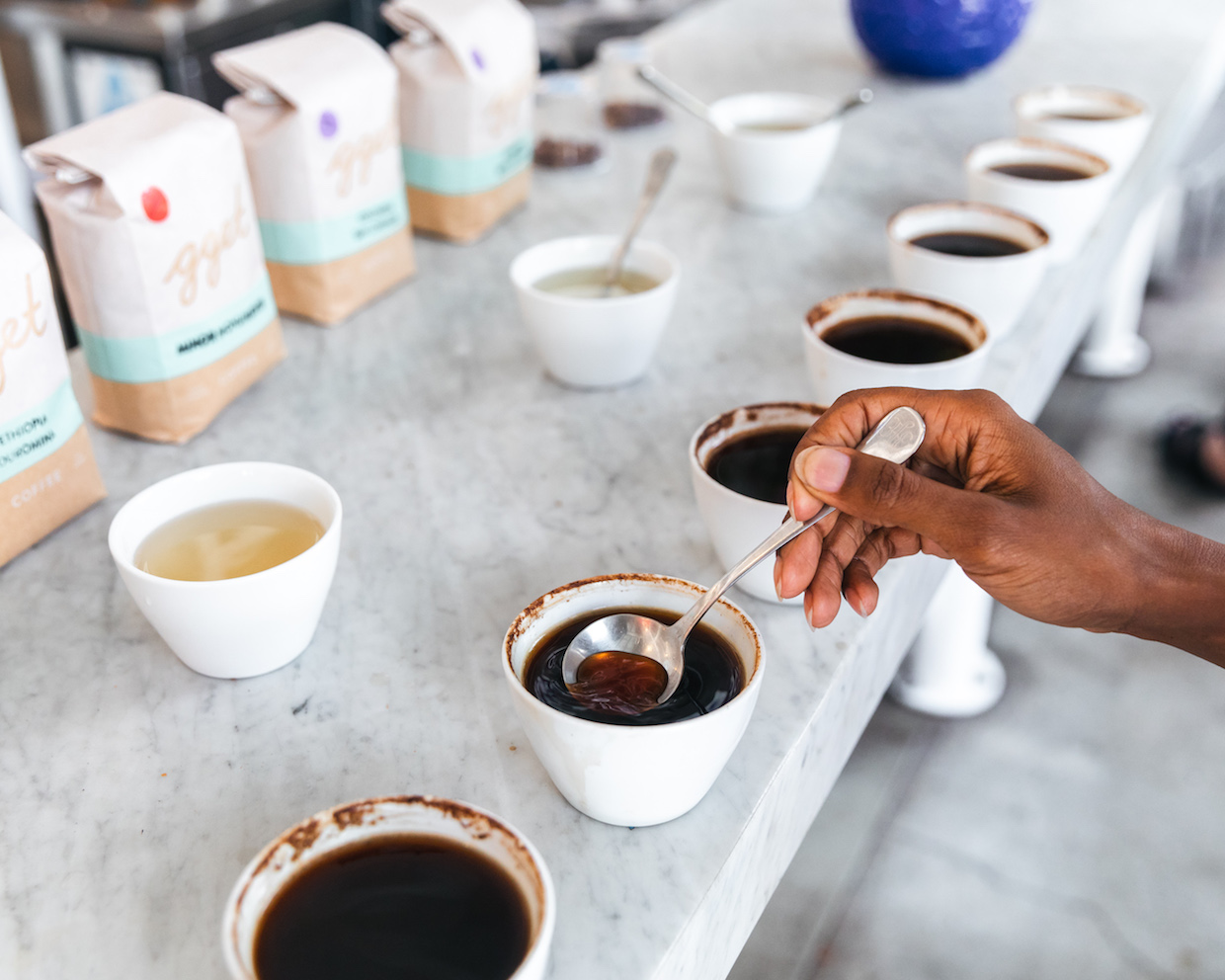
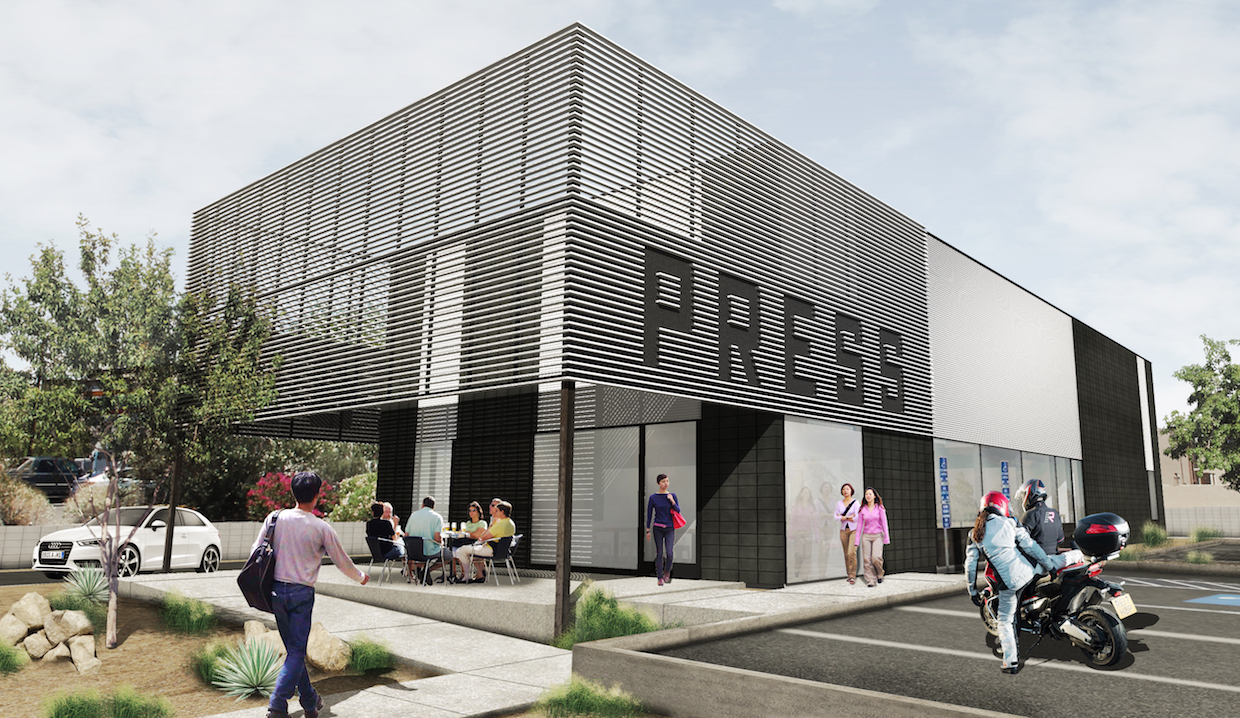
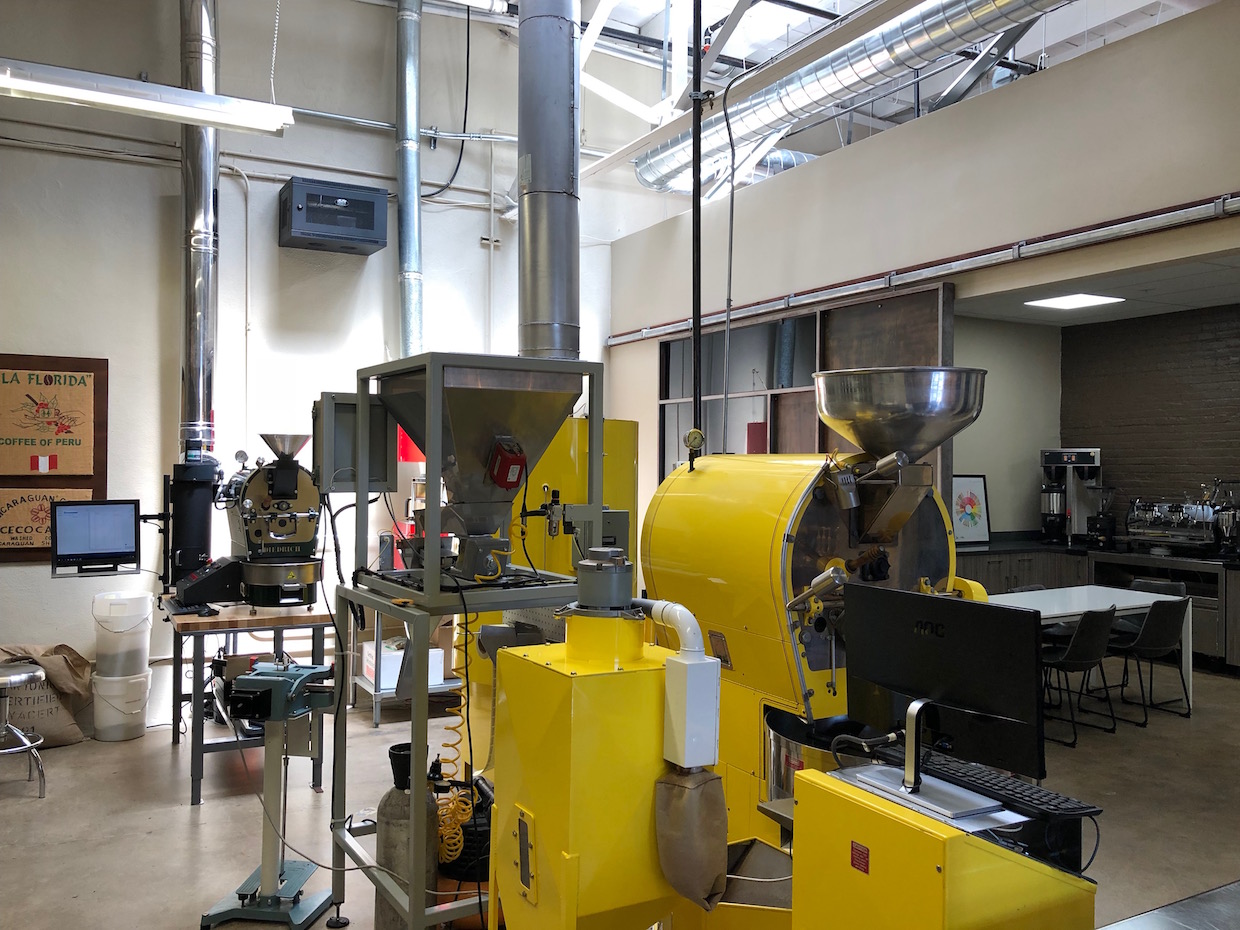
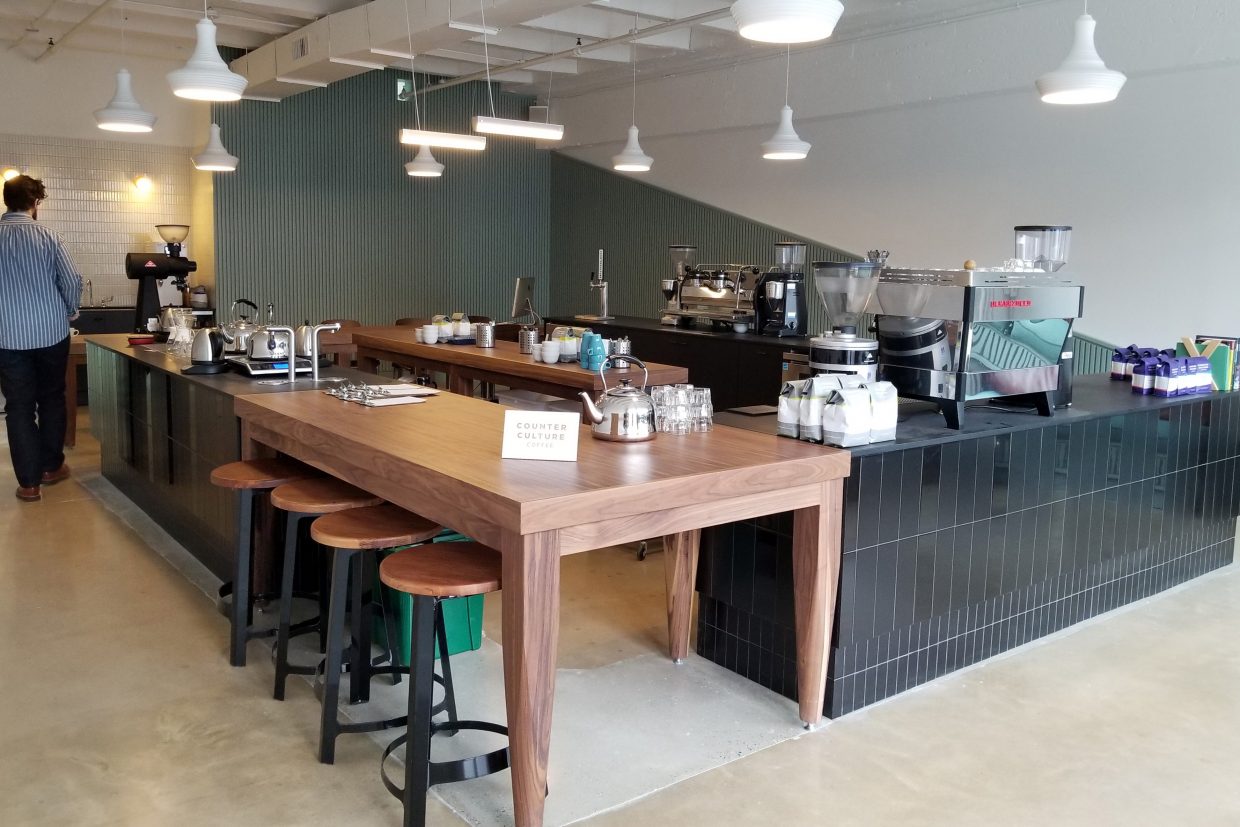

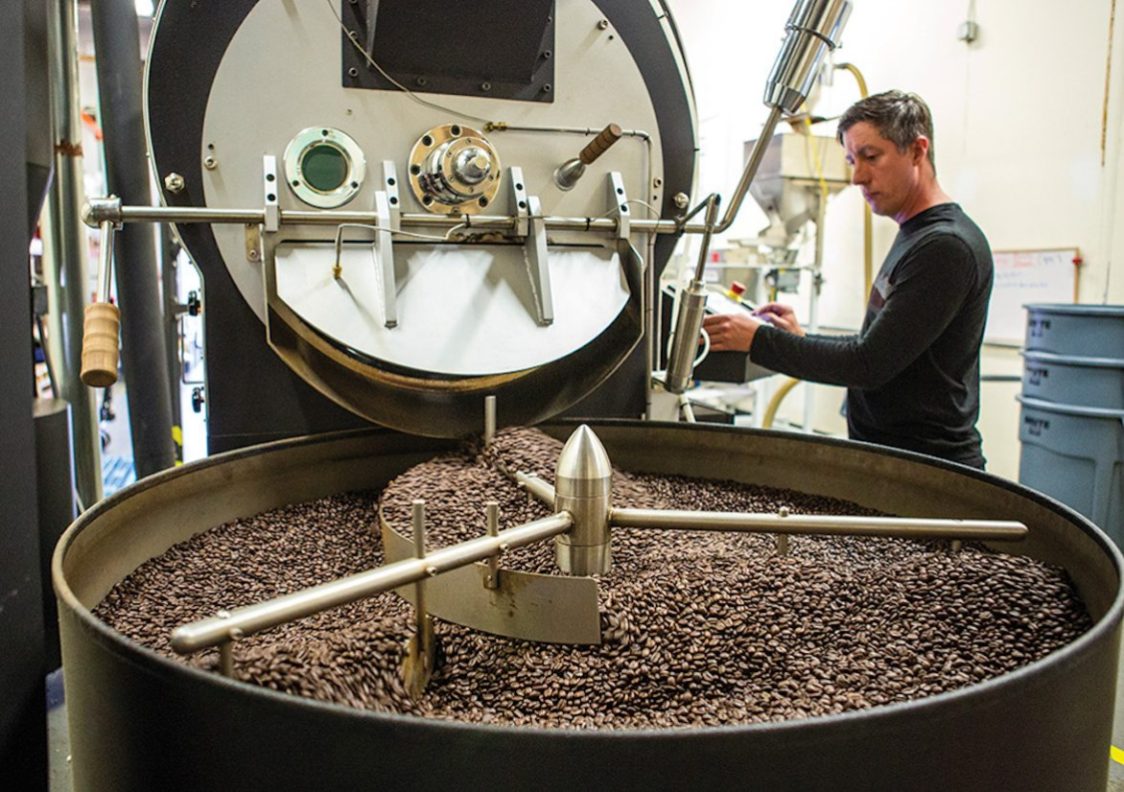
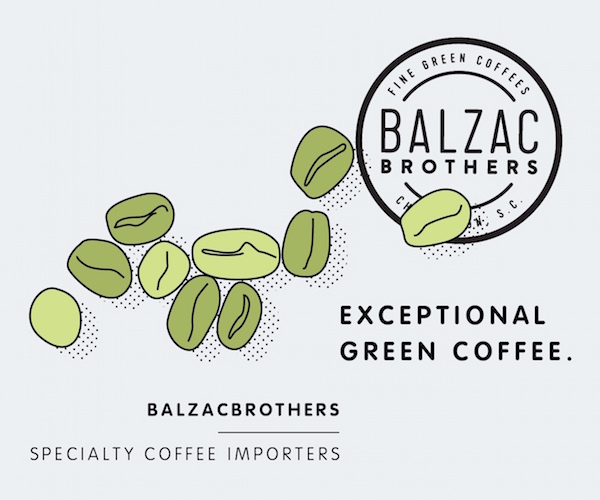


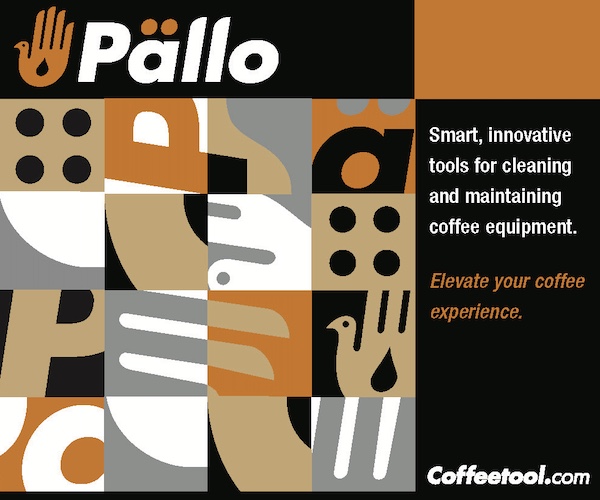



Comment